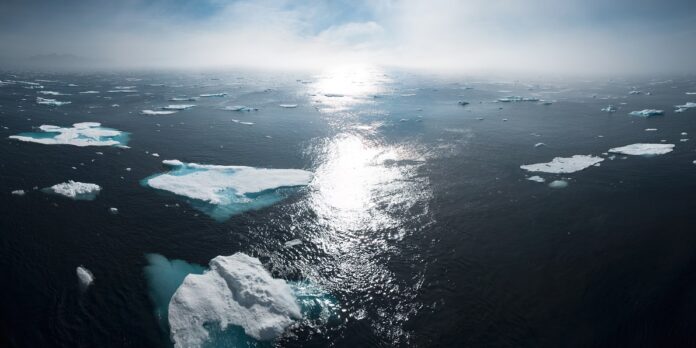A new report released by the United Nations University (UNU) has found that drastic changes to fundamental socioecological systems are likely if environmental risks are not addressed.
The risks mentioned in the Interconnected Disaster Risks Report 2023, released by the UNU-Institute for Environment and Human Security (UNU-EHS) on 23 October, could deliver adverse impacts that are irreversible, including accelerating extinction of species, groundwater depletion, melting mountain glaciers and unbearable heat.
The deterioration of vital systems such as food, water and the wider ecosystem is typically not a simple or predicted process. Generally, such deterioration increases slowly over time until it reaches a tipping point, when fundamental system change occurs, potentially including catastrophic collapse. Such an event is defined by the report as a moment when a specific socioecological system can no longer buffer risks and provide its normal function, potentially even leading to catastrophic collapse.
The report cites groundwater depletion as an example of a tipping point. Aquifers which supply drinking water to over two billion people worldwide are currently helping to mitigate around half of the losses in agriculture caused by drought, but the report warns that aquifers are now being depleted faster than they can be replenished. This in turn risks catastrophic failure of entire food systems.
The report warns that some countries, such as Saudi Arabia, have already passed a groundwater tipping point, while other countries, such as India, are rapidly approaching it. However, the report also proposes a new framework to avoid or mitigate the impacts, involving Avoid and Adapt solutions which address the negative impacts of tipping points if they cannot be avoided.
Current solutions being implemented are more focused on delay rather than on transformative change. The report highlights changes to behaviours and values that can achieve transformative solutions, although they will also require considerable societal and personal effort.
More information: https://interconnectedrisks.org/








